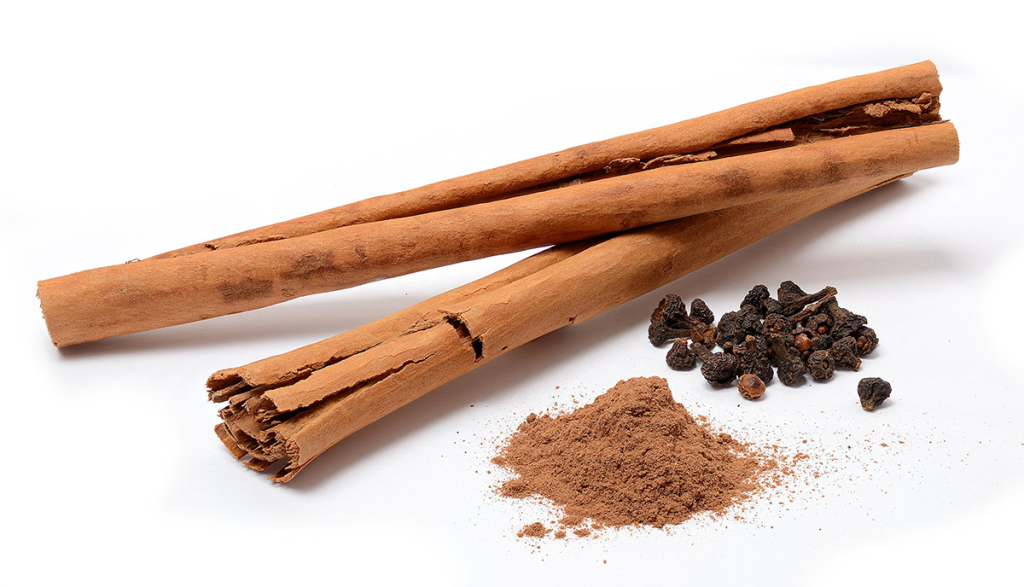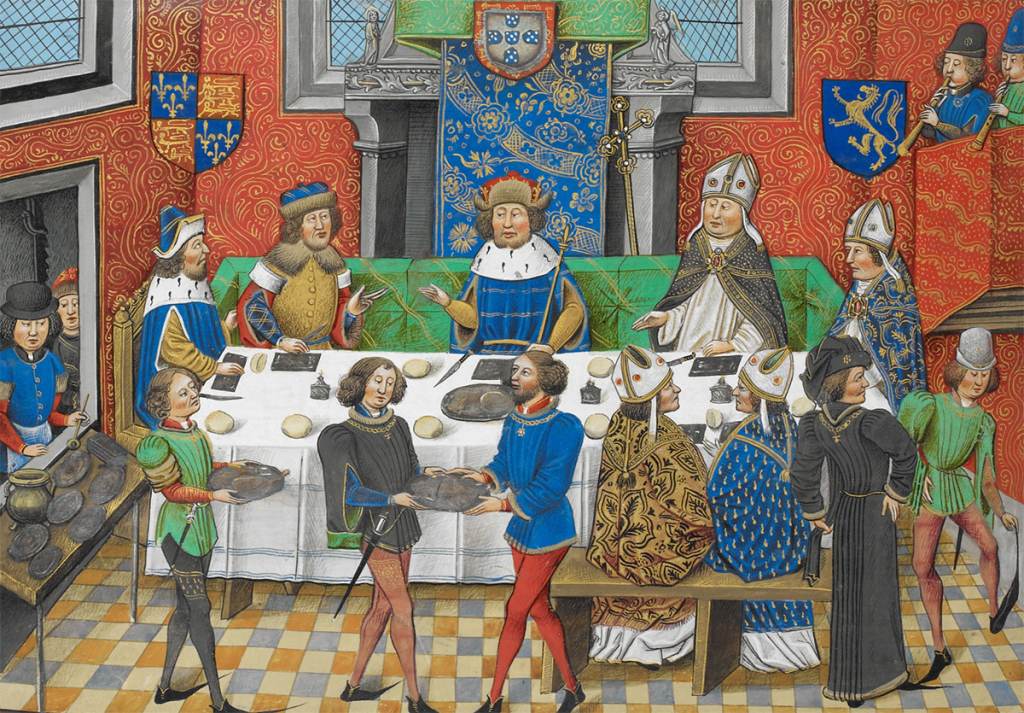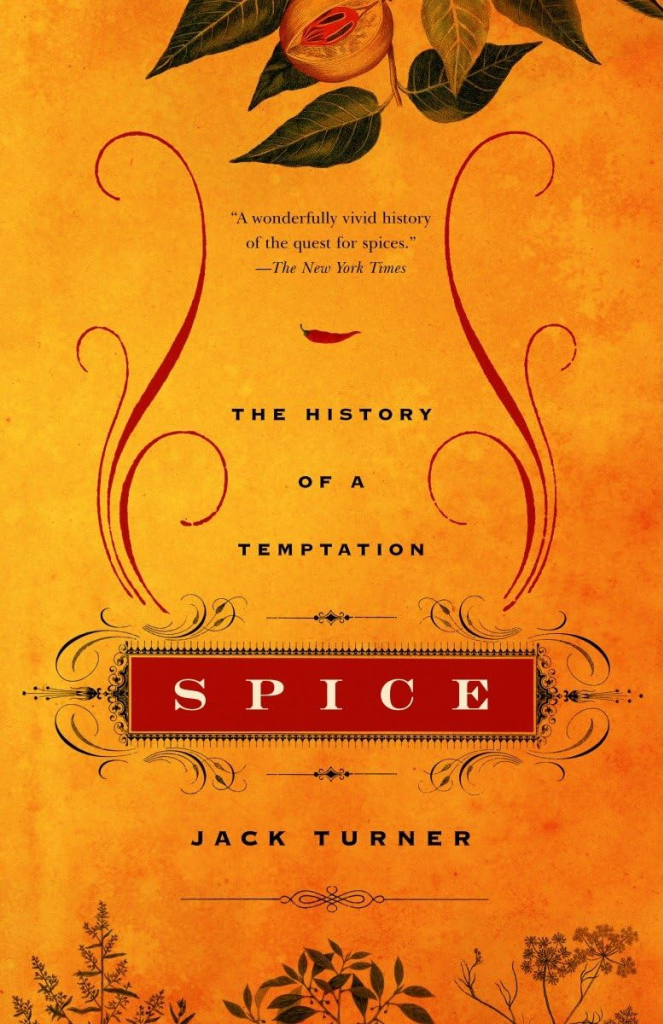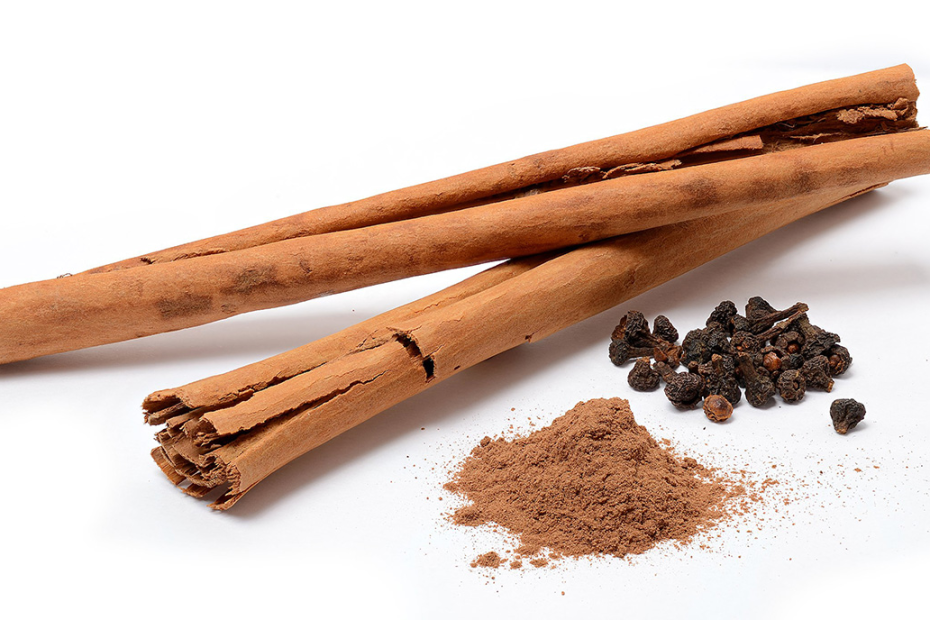
(Photo: Simon A. Eugster, CC BY-SA 3.0, via Wikimedia Commons)
Last night, as I ground black pepper and sprinkled some French sea salt into my salad, I stopped to ponder how we take these spices for granted.
Back in the Middle Ages, before the Portuguese, Dutch and other voyages of discovery sailed to Indonesia, India, and beyond, spices were worth as much as gold and were often bartered for. Some people paid their rent in peppercorns. The Spice Route was the culinary counterpart of the Silk Route that connected so many countries. In Ghana—formerly the Gold Coast—gold was traded for salt. Nutmeg, one of the most valuable spices of all, came from just one small Indonesian island. Cinnamon was also very rare and prized.

Spices revolutionized food during the Renaissance and elevated cuisine beyond measure from the bland, tasteless stuff of medieval times. Spices were also condemned at first by the Catholic Church for arousing the senses. We weren’t supposed to take such gustatory pleasure in food.
We take all this for granted now, but we shouldn’t. Spices improve our daily lives, are plentiful and it wasn’t always that way. I found Jack Turner’s book a great read that tells us wondrous things about the history of spices. Anyhow, bon appétit!

*Editor’s note: This post was updated with new images and links on September 26, 2025.
